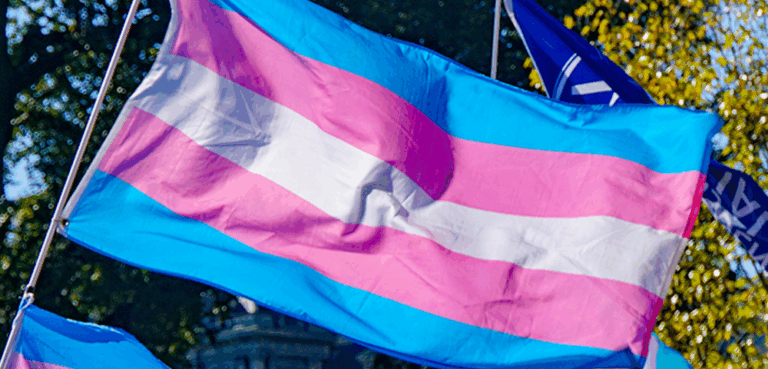
“There are bodies piled up”: Joel Edgerton on ‘Boy Erased’ and conversion therapy
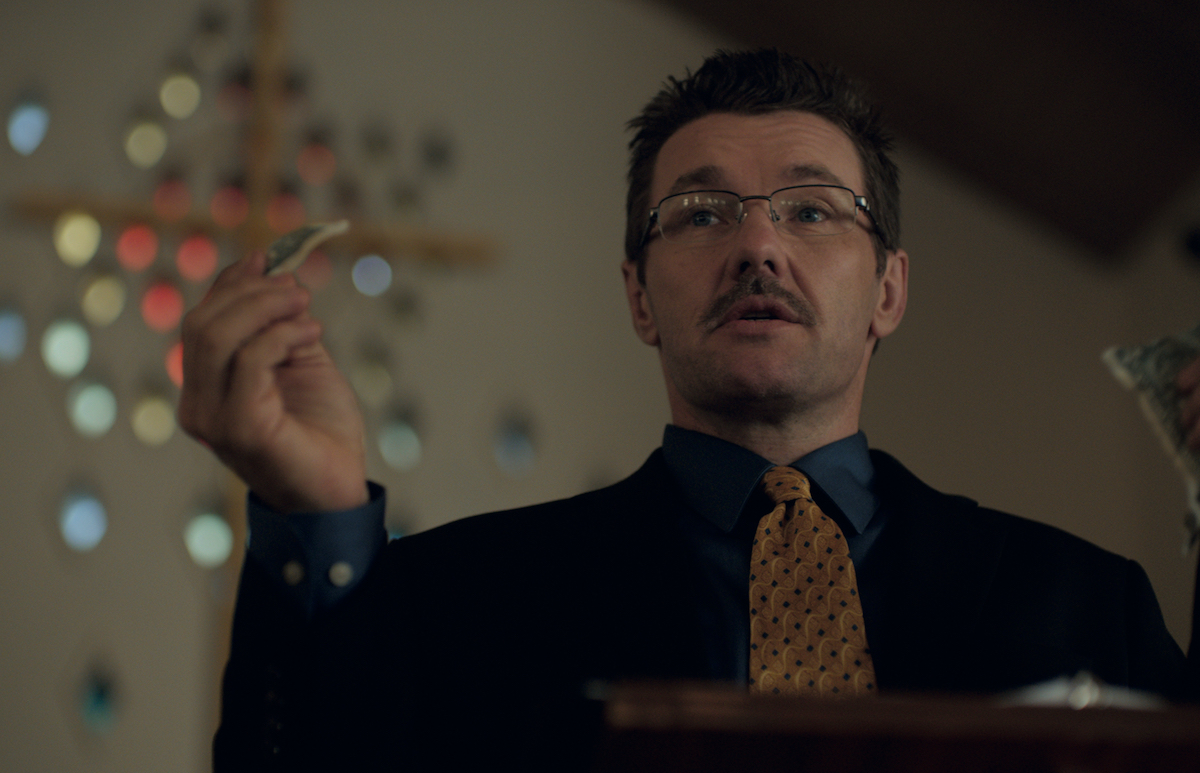
Laurence Barber recently had a sit-down interview with Joel Edgerton, director and star of the new gay conversion therapy drama Boy Erased.
* * *
Joel Edgerton knows that Boy Erased isn’t his story.
The story belongs to 19-year-old Jared (Lucas Hedges), who agrees to take part in conversion therapy program Love in Action after being effectively outed to his devout mother (Nicole Kidman) and Baptist preacher father (Russell Crowe) under traumatic circumstances.
The real life program, perversely named Love in Action, was run by John Smid, here named Victor Sykes and played by Edgerton complete with wire-rimmed glasses and a Ned Flanders moustache.
Acknowledging that he might not be the obvious choice to helm such a specific queer story, Edgerton says he became so fixated on the material – Garrard Conley’s 2016 memoir of the same name – that Boy Erased became an inevitability.
“I just kept thinking about it,” he says, but he felt reticent to take on writing or directing.
“Part of it was that I felt like, it being partly or predominantly an LGBTQ story, I wasn’t qualified.”
But his obsession reached the point where he started to write the script without telling anyone, ultimately also directing, producing, and starring in the film.
Conley’s book details the elements of the program, which Edgerton drew from for the film’s structure.
“I thought there was something really deeply complicated and conflicted about John Smid,” he says.
“I went and met with him and I was beguiled at how easy to listen to and how charismatic he was.
“I thought, ‘This is terrifying.’”
Particularly potent is the behavioural manipulation; we see those at the camp instructed on posture, handshakes, and how to dress.
These are limitations most queer people can impose on themselves through much of their lives, for fear of being found out or appearing too gay.
At one point, Gary – played by Troye Sivan, who also features on the soundtrack – tells Jared to “play the part.”
“The ‘manning up’, ‘fake it ‘til you make it’ stuff really, really shocked me,” Edgerton says.
“This guy who’d been in prison, who found God, and in their eyes seemed qualified to teach kids who [felt] close to the flames of hell, he would teach them how to change oil in a car, and change a tyre, because they were all the skills you’d ‘need’ when you finally got a girlfriend.”
Edgerton was most interested in the idea appropriated from the twelve step program “of having to stand up and give out your ‘moral inventory’” of “sins”.
“It’s a horrible thing to have to do. What straight person ever has to do that?”
“The sum total of Garrard’s sexual experience was almost nothing except for being abused, and he was steamrolling towards having to get up and give his moral inventory.”
Edgerton says this formed the engine of the story. “What if he had nothing to say – would they believe him?”
The film’s most confronting scene takes place away from the camp, when Jared is sexually assaulted at college. This moment informs both the shame that drives Jared to the facility, and the shame that forms the machinery of conversion therapy.
The practices themselves are a less immediate form of abuse, but the trauma they leave behind is lasting.
“If conversion therapy was that level of diabolical, and there were piles of bodies out the back of every conversion therapy place, we would know about it,” Edgerton says.
“The thing is, there are bodies piled up out the back of conversion therapy camps, because of the list of kids who have committed suicide.
“The idea is like a seed that’s planted that keeps fermenting and at different times, some kids just drop off because they can’t face it anymore.”
Edgerton made sure to include queer performers like Sivan in the film, alongside actor-director Xavier Dolan, Cherry Jones, and even his assistant, actor-producer David Joseph Craig.
“I really identified with Troye and Xavier’s stance in being out and being such great representatives of LGBTQ community and young people in general,” he says.
“As a straight man being a conduit and a passenger to Garrard’s story, I just wanted to make sure I was doing as much as I could to be positively representative – not just in front of the camera.”
Edgerton says that he hopes the film can contribute to finally putting an end to conversion therapy by “pulling it out from under its rock”. A recent report shows at least ten organisations continuing to advertise ex-gay and ex-trans therapies in Australia.
“The fact that you’ve got actors like Nicole and Russell being behind the subject,” he says, means “as much of an echo, a resonance as can be made is wonderful.”
“Just thinking about how long it took for marriage equality to be resolved in this country, it’s sort of – it’s terrible to say this – I just feel embarrassment.
“That there’s even a debate about whether someone should be allowed to be a teacher because of their sexuality, or get expelled from school because of their sexuality… it’s so absurd that it’s embarrassing.
“I hope we can contribute to the dismantling of things that shouldn’t have been erected in the first place.
“I just think there needs to be a really strong conversation about what side of history we want to be on.”
Boy Erased is now in national release in cinemas around Australia.
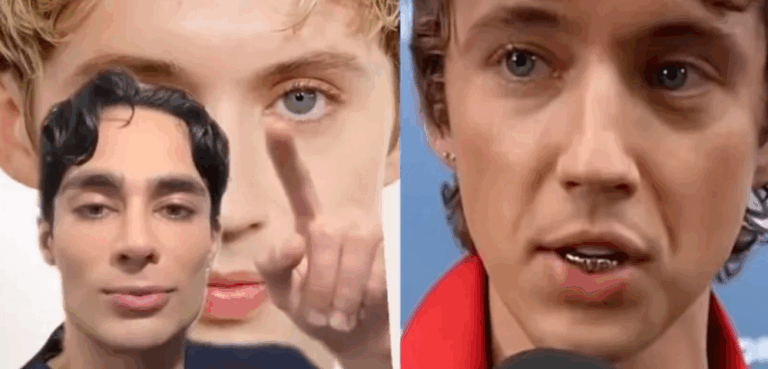



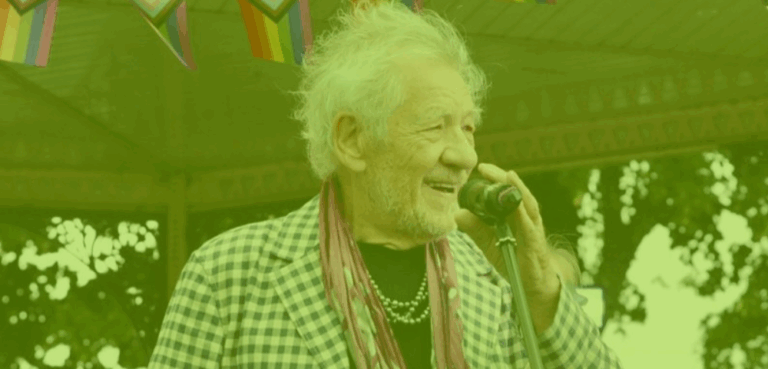
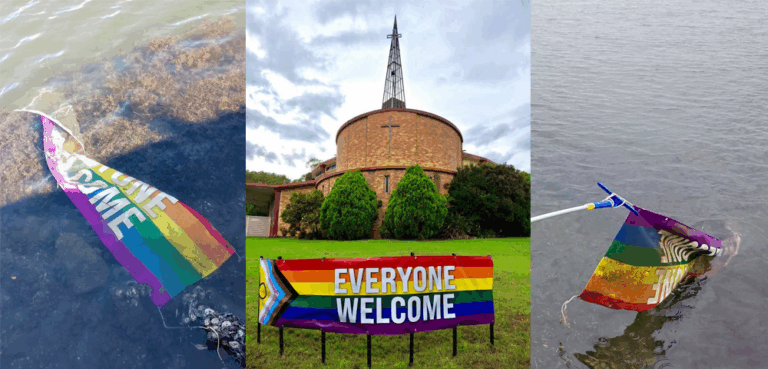

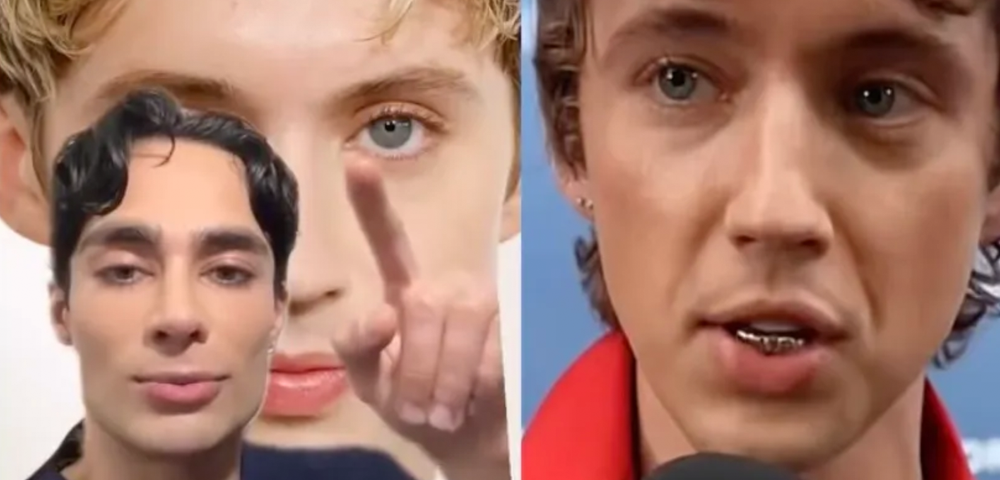
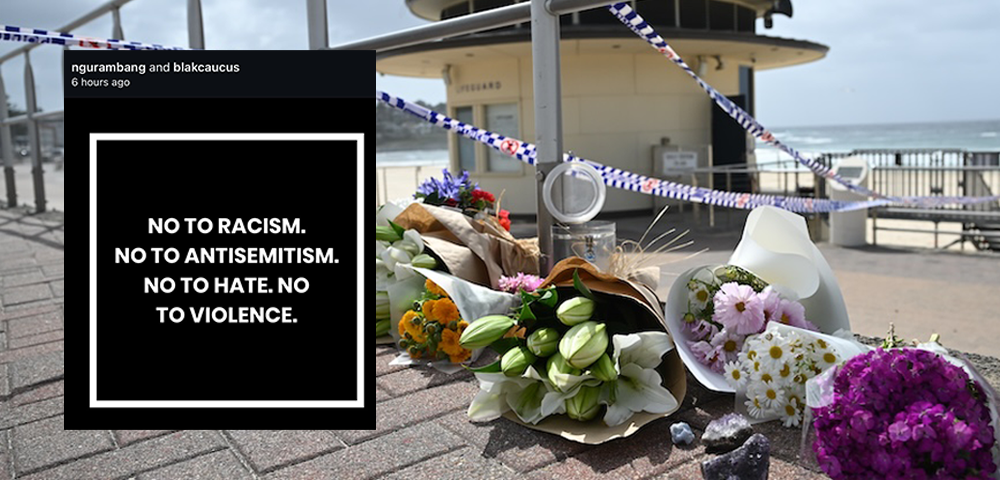
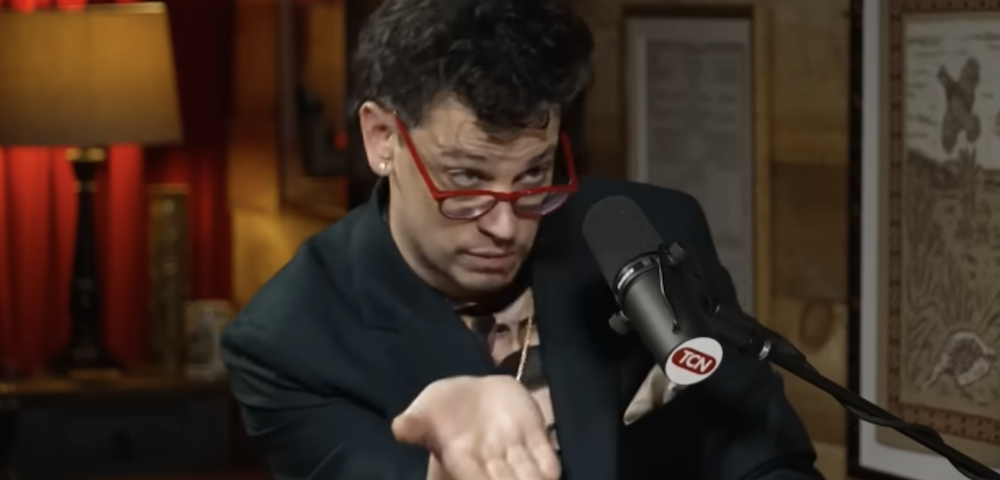

reparative therapy is disgusting and should be banned globally…